A solar refrigerator to combat famine

Producing more food is not enough to achieve a zero-hunger generation. Read more
[Please do no contact the news team of Inspir’Action! We’re not owners nor reseller of Brikawood. See contact details below.] … More
Good news, on the environment, is scarce. For the first time, a group of English and American scientists succeeded in … More
The Plastic Road project in the Netherlands gives new life to plastic waste, while, at the same time, avoiding millions … More
Good news, on the environment, is scarce. For the first time, a group of English and American scientists succeeded in … More
[Please do no contact the news team of Inspir’Action! We’re not owners nor reseller of Brikawood. See contact details below.] … More
The Plastic Road project in the Netherlands gives new life to plastic waste, while, at the same time, avoiding millions … More
Good news, on the environment, is scarce. For the first time, a group of English and American scientists succeeded in … More
[Please do no contact the news team of Inspir’Action! We’re not owners nor reseller of Brikawood. See contact details below.] … More
The Plastic Road project in the Netherlands gives new life to plastic waste, while, at the same time, avoiding millions … More
Good news, on the environment, is scarce. For the first time, a group of English and American scientists succeeded in … More
[Please do no contact the news team of Inspir’Action! We’re not owners nor reseller of Brikawood. See contact details below.] … More
Mexican startup Eco Domum, created in 2013, has an ecological and solidarity vocation. Through recycling, it gives a second life … More

Producing more food is not enough to achieve a zero-hunger generation. Read more

In Brachoua, Morocco the locals just wanted to meet their food needs but, in the end, they did much more
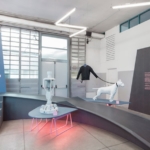
There is no doubt about it anymore! Your dog is a real source of renewable energy. Océane Izard, a young
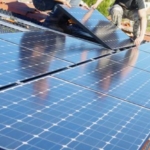
The Algerian government has decided to abandon shale gas and concentrate its energy policy on the development of renewables with
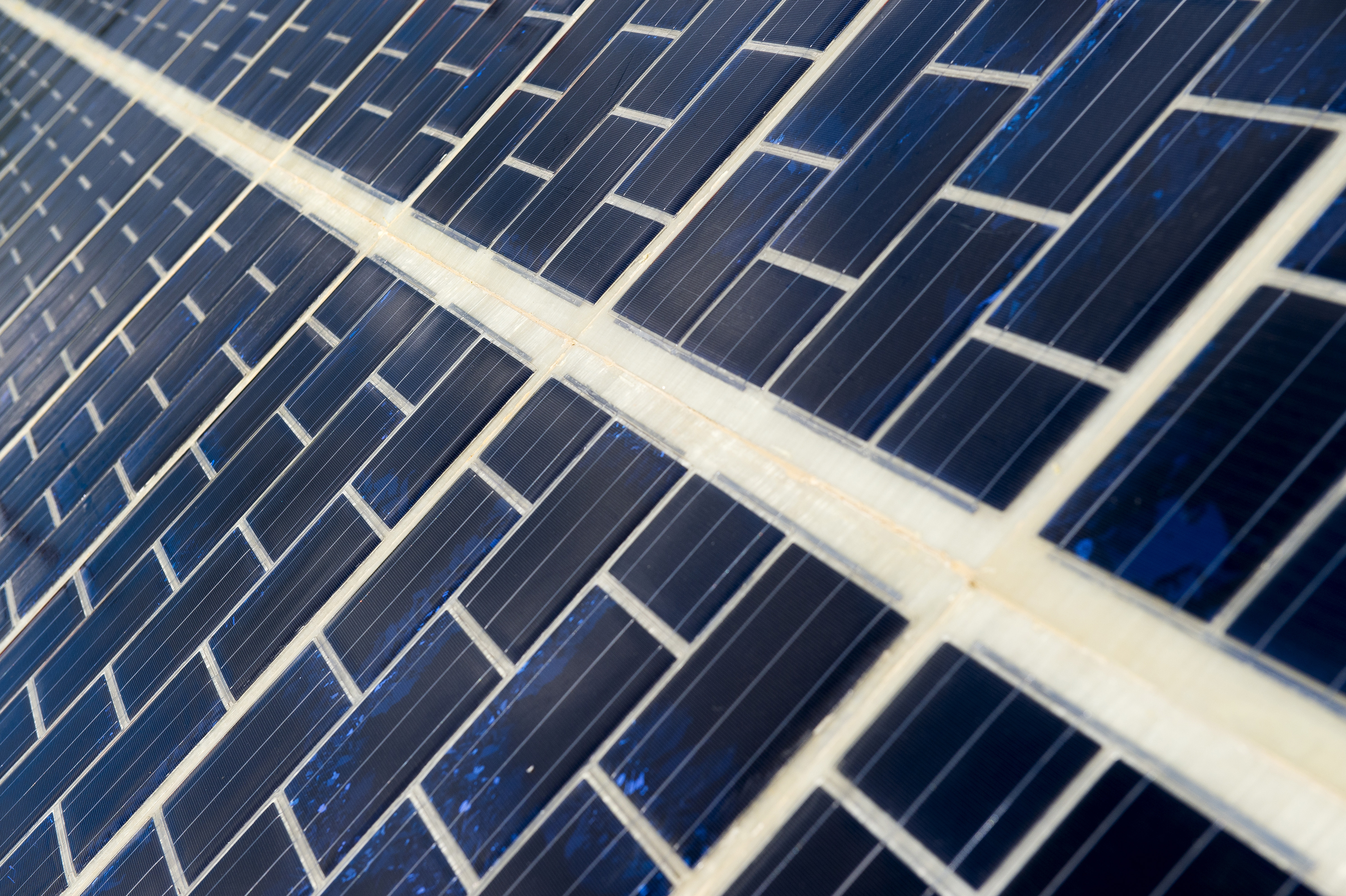
It’s not the first time we talk about roads that actually act like large solar panels meant to distribute the generated energy to households, street lighting, traffic systems, and why not — electric vehicles driving over them. The first SolaRoad in the world — a 70-meter long bike path — that converts sunlight into electricity was built in Netherlands in 2014. But France enters the game with a much more ambitious plan of installing 600 miles (or 1,000 km) of solar roads in the next five years. We cannot wait to see it happen, and here’s why: one kilometer only of the roadway paved with Wattway panels will power the streetlights in a town of 5,000 inhabitants.
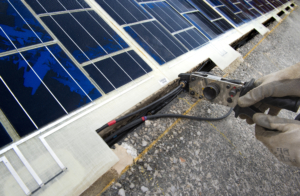
Wattway panels are comprised of photovoltaic cells, which are embedded in a multilayer substrate and collect solar energy via a thin film of polycrystalline silicon that enables the production of electricity. On the underside of the panels there is a connection to a lateral module containing the electrical safety components. But there are several other facts about the Wattway panels that bring them to the top of the innovation list, when compared to other photovoltaics. The panels can be used on any road at any place in the world, are able to bear all types and sizes of existing vehicles, and are just seven millimeters thick but extremely strong and solid. Very important, Wattway panels are installed directly on the pavement, without additional civil engineering work required, such as deconstruction of the road and rebuild.
“Can you imagine our future roads serving not only our transportation and communication needs, but also covering most of our daily energy demands?”
So, can you imagine our future roads serving not only our transportation and communication needs, but also covering most of our daily energy demands?
And doing so in an environmentally friendly way through a renewable energy source. France’s big project, when passes the trial stage and once completed, will be supplying electricity to five million people. But this is just the beginning of the roads of the future, which have the competence to evolve into smart roads, and transmit live traffic information.
France’s goal is to design high-impact transportation environments by applying the idea of solar roads to bigger scale projects than what they were initially conceived for — pedestrian walkways, sidewalks and cycling routes. Although admittedly there is still research and testing in progress, in terms of the long-term vision there definitely will be benefits and positive implications in the battle to stop climate change.

And if it were enough to paint the roads in white to limit the extreme heat in the city? This
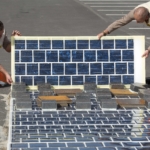
This is the road of the future. Photovoltaic and smart, it can capture solar energy and produce electricity directly. This
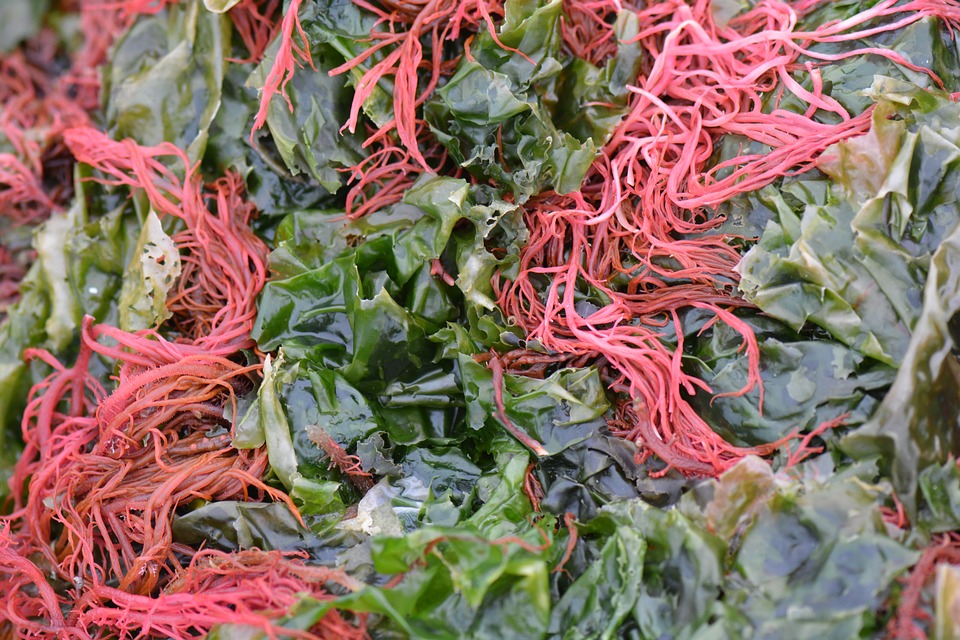
People produce garbage, and the more our population grows, the more waste we leave behind. But the amount of full bin bags that are disposed per day, isn’t only determined by our numbers — it’s also defined by our lifestyle, which is shifting into a more assiduous and complex way of life.
Plastic, a disposable material which is composed of major toxic pollutants, came as a relief in our busy lives that require fast solutions: open, empty, shove, replace. But what we have given little notice of is plastic’s resistance to decomposition, which makes its lifespan as long as 500 to 1,000 years.
A team of Japanese designers and engineers dared to ask the critical question: “for how long can we sustain this cycle of plastic accumulation?”, and knew that the answer isn’t comforting for the natural environment. Thus, they joined forces, and gave an alternative response to the plastic pollution — a gelatinous material obtained from red marine algae that can be used to replace the cheap, widely available and overused plastic.
Agar Plasticity is the environmentally friendly alternative to plastic … it can be disposed without upsetting the food chain, or harming the land, the air, and the water.
As explained to Good, Agar Plasticity is the environmentally friendly alternative to plastic because — alike plastic — it can disposed without upsetting the food chain, or harming the land, the air, and the water in the process. Agar absorbs and retains water quite well, and it can be used to improve water retention by mixing it with soil in a garden. Even if the agar ends up in the oceans, it won’t violate the marine life, given its original incarnation as marine material.
The process of making agar plastic is similar to the process that is used in Japanese cuisine, where agar is dissolved in water, heated and then cooled until it becomes gelatinous — a perfect ingredient for desserts. The agar powder is dissolved in simmering water and then poured into a mold. Once the agar sets into a jelly, the mold is frozen for two days. The freezing process forms the agar into a structure that can provide cushioning for a packaged item. After two days, the frozen agar solution is thawed and completely air-dried.
Agar Plasticity is in its early stages, but the goal is to see it replacing mass consumption plastic products, which are harming organisms. In the meantime, we can take our own little step towards a less plastic-oriented lifestyle by incorporating small changes: shop with cloth shopping bags, carry water in reusable bottles, upcycle, use matches, and avoid items packaged in plastic.
Note: AGAR PLASTICITY is a project by the designing team AMAM, and it is one of four finalists for the 2016 Lexus Design Award.
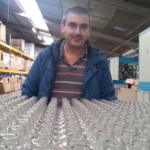
In an article last year, we featured a young Icelandic who produced a bottle of biodegradable water from seaweed. We
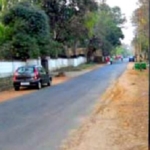
India is confronted with a huge waste problem. Plastic is one among them as it pollutes waterways, landscapes. Plastic bags
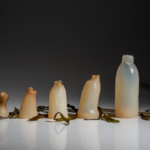
If we take the trouble to go further than the simple prototype, this is undoubtedly a good news for the
Hajj, the Muslims annual pilgrimage, seasons will come in hot weather for the next 10 years and many pilgrims may be subjected to sun strokes, warned a study conducted by the Institute of the Custodian of the Two Holy Mosques for Hajj and Umrah Research. To this end, a Saudi-Palestinian firm invented a smart umbrella for Muslims performing the Hajj pilgrimage scheduled from 9 to 14 September. Read more
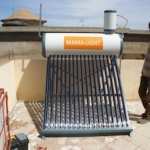
She is a Princess. But far from staying in a Castle, the Chief Executive Officer of AbzeSolar is helping women
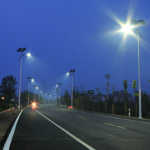
More than 95% of the 10 million Burundians do not have access to electricity. The mayor of Bujumbura Fredy Mbonimpa
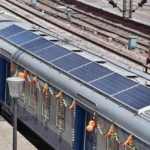
India is the third polluter of the planet behind China and the United States of America. Its coal plants still


In China, Shanghai still remains the most populated city with its some 24 million inhabitants. In the middle of metal

Of the world’s 20 most polluted cities, 13 are found in India, and over 600,000 Indians die as a result

It’s a first in Europe and a big step towards mobility with zero CO2 emissions. French company Global Bioenergies produce
It not only brings a smile to Malawi fishermen, but it also fills their wallets. The revolutionary solar drying tent was made available to them and stands a better life for the fishing community. Read more

At least one appliance using solar or wind power per home. This is the goal set by an Indian businessman.

The Republic of Guatemala, with an estimated population of about 15.8 million, is the most populous state in Central America.

Rainfall has become more irregular in Kenya due to climate change. Moreover, currently used diesel-powered irrigation pumps are highly polluting
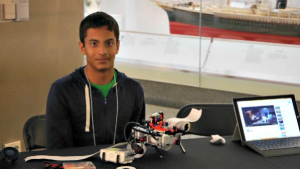
A 14-year-old boy of Indian-origin has invented a low-cost portable Braille printer. Shubham Banerjee is now working with technology giant Microsoft to integrate Braigo drivers with Windows to make it easily accessible to the visually-impaired. Read more

From the simple donation box to the more elaborate common pantry idea, this organization is bound to better the lives
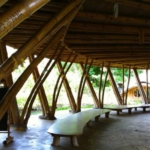
This school in Bali has been recognized as a world reference. With a passionate community of teachers, learning takes place in
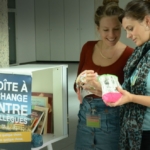
He always liked to transform the cities and allow the meeting between the inhabitants to make them happy. Geneva’s Dan
Create jobs while preserving nature. This is the ambition of Precious Plastic, which has developed a series of machines to recycle plastic and whose plans are broadcast free on the net. The creator of such machines is Dutch designer Dave Hakkens.
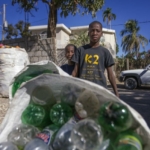
US $ 300,000 financing have been earmarked by Thread PBC International Ltd., Timberland, Hewlett Packard (HP) Inc. and the Clinton
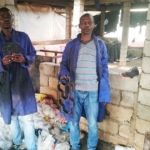
“The first time my friends saw me rummaging through a trash can, they thought I was going crazy, recalls Robert
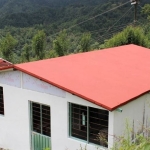
Mexican startup Eco Domum, created in 2013, has an ecological and solidarity vocation. Through recycling, it gives a second life

An Indian researcher in agriculture invents edible spoons that can be used to eat your food, and eaten up afterwards. Peesapaty Narayana has sold more than 1.5 million edible spoons in India. But his ambition goes well beyond his territory; he wants a massive production worldwide. Read more

The new mayor of London is not in the lace on environmental issues and renewable energy since his election. Sadiq

Most companies pioneering in the field of ecology still insist to transform our simple actions to promote sustainable development. Since

In order to make your fastest meals come together with eco-responsibility, German company Leaf Republic has devised a biodegradable alternative
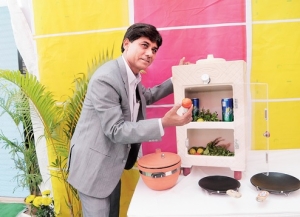
He is called the ‘Harry Potter’ of rural India. Mansukh Prajapati invented a clay refrigerator running without electricity and 100% recyclable. A boon for India where 500 million people are without electricity and / or cannot afford such a household appliance. He used his knowledge to create a successful company: Mitti Cool. It sells pottery but also various utensils such as pots, pans and kitchen sets. One of the items available is revolutionising India: the clay refrigerator. Read more
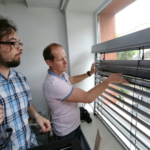
For many of us, energy is an important issue. Whether it is for saving money or protecting the environment, we

In northern Europe, an artificial island project was proposed by two companies European companies with the objective of providing clean
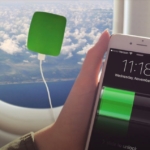
Many people find it difficult to recharge their mobile phone especially when they are in a transport; car, plane and
